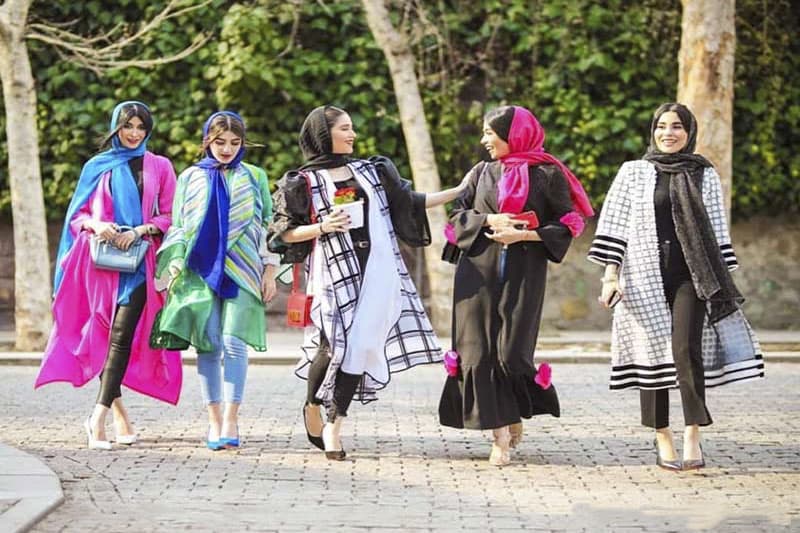
1. Dress Code in Iran
Being an Islamic country, Iran has regulations for the way people dress either as a citizen or a traveler. Women need to observe a stricter code compared with men. Women need to wear hijab, which means wearing headscarf in order to cover their hair; there is no worries over that as women wear loose-fitting scarf. In addition, they need to wear long-sleeved clothing to cover their arms; they make the choice whether to wear chador or manteau.
Visiting religious places like mosques and holy shrines requires women to wear chador and men to wear long-sleeved shirts. Men have a less strict dress code in everyday life; for example, they can wear short-sleeved shirts in public unlike women; however, they are not allowed to wear shorts and must wear long pants. Despite all these dress codes, tourists need not to worry on the arrival as they are more lenient on tourists and tourists can buy the needed clothing with a reasonable price in Iran

2. Drinking Alcohol in Iran
Islamic Republic of Iran has forbidden alcohol consumption in Iran, which means people are banned from producing, selling and drinking alcohol. No matter if you are a tourist, a citizen or a non-Muslim, you will be punished legally regardless of your age for example by paying fine for drinking or carrying alcohol.
Those tourists, who wonder if they can bring alcohol to Iran for their own use, should know that their luggage will be monitored at the airport, so they are not allowed to bring any alcohol. Although some Iranians drink alcohols in their parties, tourists are not recommended to do so as they have no idea about how to manage the issue.
3. Money in Iran
One important point that tourists need to be clear about before traveling to Iran is money-related issues. First point to consider is that Iran is not connected to the international banking system because of imposed sanctions, but there is no need to worry because there some ways to handle this issue like exchanging your currency in reliable exchange offices in order not to face any unforeseen problems. Furthermore, you need to check the exchange rate before exchanging your currency to be safe from exchanging at lower price. The other important issue to keep in mind about currency in Iran is the difference between Rial and Toman, which are two different currencies in Iran.
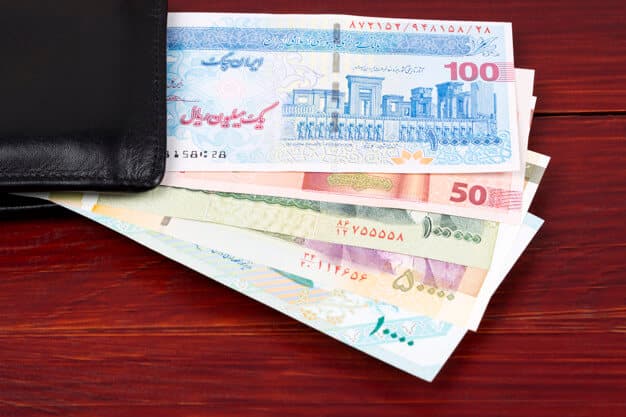
4. Iran Tourist Visa
Tourists who want to travel to Iran should obtain tourist visa. Although Iran tourist visa is valid for 30 days, tourists can extend their stay in Iran to 60 days by applying to the Police Department of Alien Affairs of Islamic Republic of Iran. Tourists can obtain the visa either on arrival or through some normal process. The rules and regulations concerning visa application varies depending on the country you apply from. Citizens of some countries are exempt from obtaining visa and they can enter Iran without visa; citizens of some countries can not obtain visa on arrival.
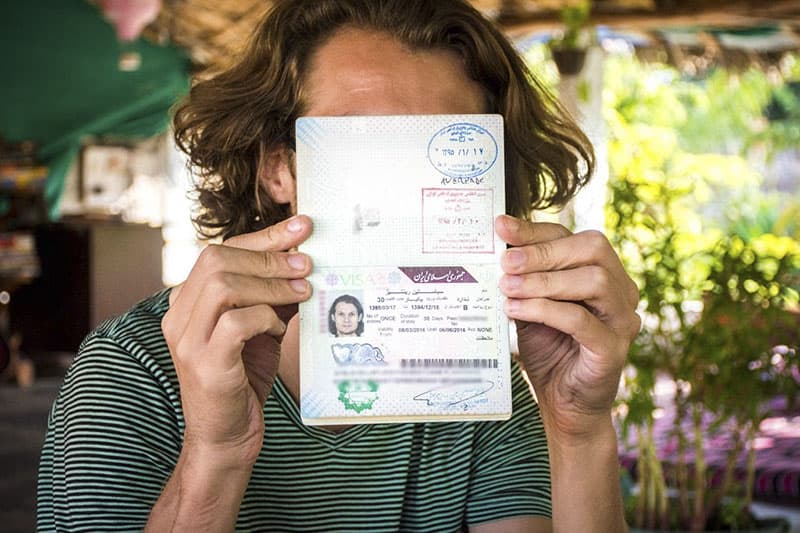
5. Iranians Should not be Mistaken for Arabs
One misconception about Iranian nationality is considering them as Arabs while this is wholly a wrong picture, which can be even irritating for some Iranians. This mistake may be rooted in their similar religion, their location in the middle East or some similarities in their alphabets, but Iranians and Arabs have different culture, civilization and history apart from mentioned similarities. Being descendants of a long line of Aryans, Iranians are easily distinguished from Arab nations in the Middle East, and the name “Iran” means the land of Aryans. Prior to Arab invasion of Iran, Iranians’ dominant religion was Zoroastrianism, from which many current celebrations of Iranians stem from. So, while traveling to Iran, tourists can enjoy the rich Iranian history and nature that are not similar to their neighboring countries.

6. The Best Season to Visit Iran
Since Iran is a vast and spread-out country with diverse climactic conditions, tourists can enjoy their travel to Iran at any time they wish depending on what they expect to do and where they favor to see. For instance, the best season to visit south of Iran would be autumn and winter as the southern regions of Iran, full of natural and historical wonders, have a hot climate; in contrast, northern parts of Iran with cold and humid weather are proper destinations in spring and summer. Considering these points, most tourists prefer to visit Iran in October, November, March, April, and May.
Visiting Iran during some religious festivals like “Muharram” can be quite interesting if you would not be upset in crowds. Muharram is important for Iranians as it is related to Imam Hossein martyrdom, so they hold this festival annually with interesting ceremonies like “Nakhl Gardani”, Which can draw everyone’s attention
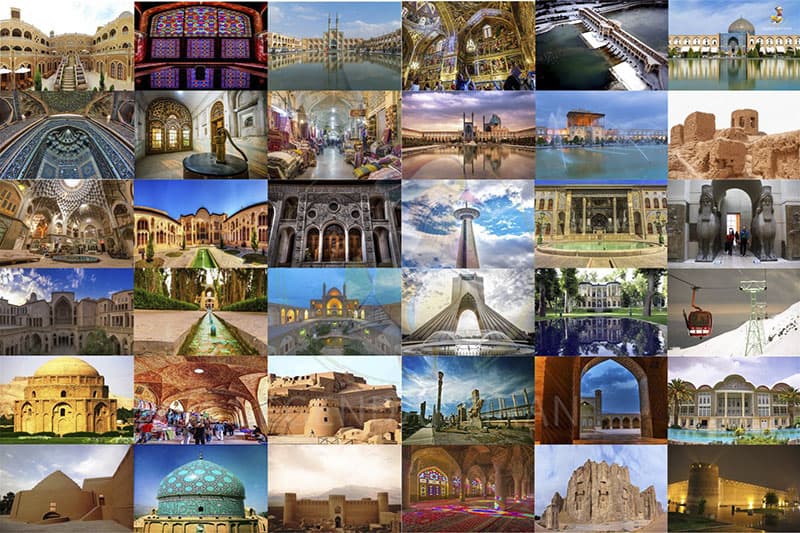
7. Iranian Ta’arof
Ta’arof is a social etiquette that plays an important role in Iranian people’s everyday interactions while can be confusing for tourists visiting Iran. Ta’arof, which is considered by non-Iranians unusual, is a polite cultural conduct that is mostly observed with guests in order to show them respect. Iranians use ta’arof to show respect, but they don’t really mean it. Let’s clarify this more: imagine you are at a shop buying souvenirs, when it comes to paying for the souvenirs and you ask for the price, the shopkeeper does not tell you the price at your first try saying that you can be their guest while this is just a sign of respect, so you need to ask for the second time to pay for the souvenirs. Just keep in mind never to consider ta’arof as real while shopping. You would be frowned upon if leaving shops without paying.
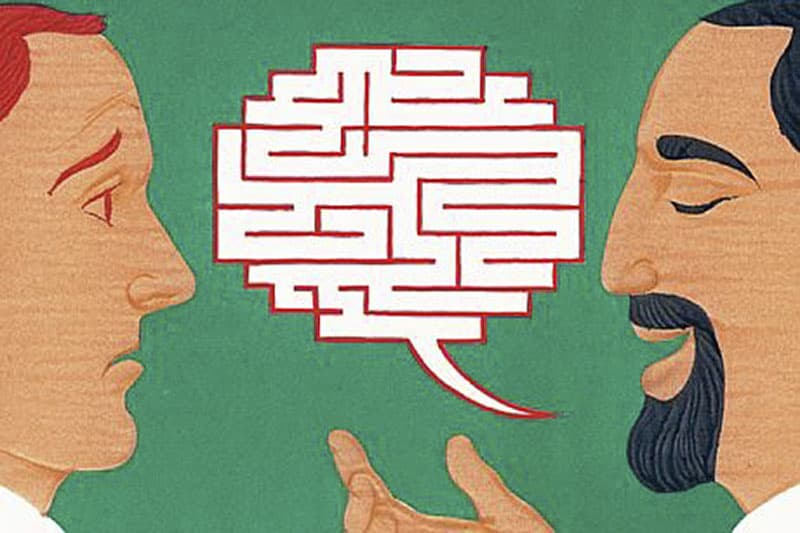
Although distinguishing ta’arof and sincere words seem quite complicated, you can just use a trick to handle the situation. Ta’arof will be repeated once or twice, so when you are invited three times as an example, this is no longer ta’arof, but a real invitation and request.
8.Internet in Iran
Because of the misconceptions about Iran in mainstream media, tourists may be concerned about their internet access before traveling to Iran; however, you can have easy access to internet without any problems.
The hotel you stay in offers you free Wi-Fi connection, so you would not face any problems while you are at the hotel. Some other places like cafes may do the same, but you need data connection as well while away from hotel in order to use google map or other online features. The best way is to buy a local Sim Card like Hamrah-e Aval or Irancell, the two mobile network operators in Iran. You only need to show your passport to get the Tourist Sim card and you need to ask the salesman to activate your Sim Card data. The other important point about internet in Iran is that although some websites and even some social media like YouTube, Twitter and Facebook are blocked in Iran, you can have access to them easily by installing some updated VPNs on your mobile.

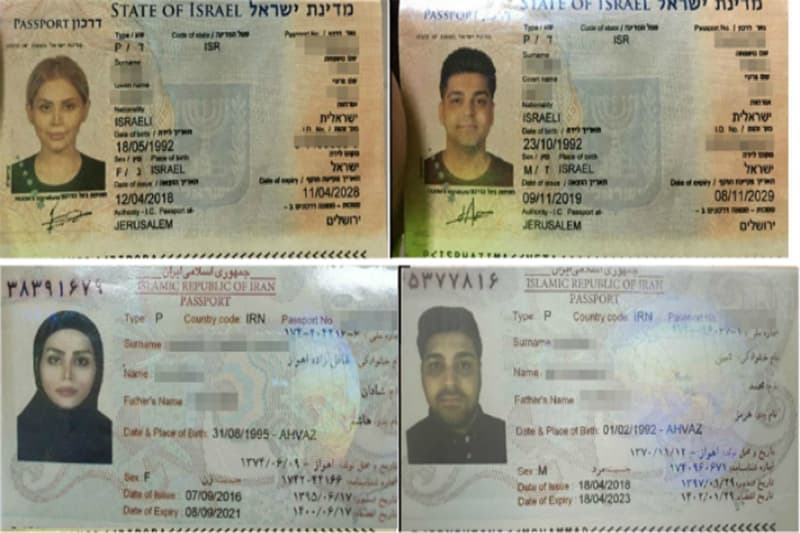
8. Israel Citizens and Israel Passport Stamp
Owing to political disputes between Iran and Israel, these two countries have no friendly relations and have severed all the possible relations including diplomatic ties, as a result, citizens of Israel are not permitted to travel to Iran. Although this restriction is kind of extended to any person who has Israel stamp on their passport, Iran authorities have become more lenient on this issue, which means if at least 6 months have passed since the last time you have traveled to Iran, you are welcomed to Iran without any problem.
9. Squat Toilets Versus Sitting Toilets
One point that may be of concern to tourists in Iran is the use of Iranian toilets called squat toilets. Although Western toilets are easily found in most hotels and restaurants in Iran, using squat toilets are more customary. So, tourists may need to use squat toilets in public places and some rest areas; these Iranian toilets are easy to use although they look weird at first glance. The name comes from your position at the toilet where you squat rather than sit, which is more hygienic as your body will not touch any surface.
An important issue tourists need to consider while using sitting toilets in Iran is to put their toilet paper in the bin. If they flush the paper toilet down the sitting toilet, the pipes will be clogged and a catastrophe will follow. Just you are recommended to carry toilet paper with you as you may not find any in some public toilets; the reason is that Iranians use water to clean themselves and toilet papers are an option.
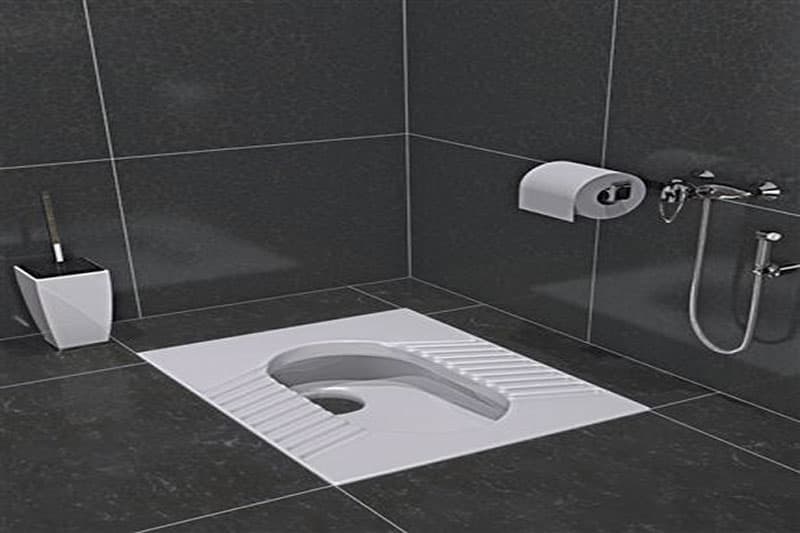

10. Blowing Nose in Public is Considered Rude in Iran
Knowing cultural differences can help you have a more pleasant experience while traveling. One cultural norm in Iran is that people do not blow their nose in public at all as it would disturb them so much. So, try to consider this issue particularly while you are at a restaurant; it is such taboo that makes others frown at you because it makes them sick. To solve the problem, you can blow you nose at bathroom as an example when you are in a public place like a restaurant.
11. Showing Public Affection is Banned
Being an Islamic country, Iran authorities impose some restrictions on gender issues. Greeting in Iran can be by shaking hands and hugging but not with the opposite sex. It just suffices to say hello to the opposite sex. In addition, kissing your loved one in public is highly prohibited, so you are allowed just to hold hands; this religious issue has turned to a cultural convention as Iranian people may consider kissing the loved one in public as rude.

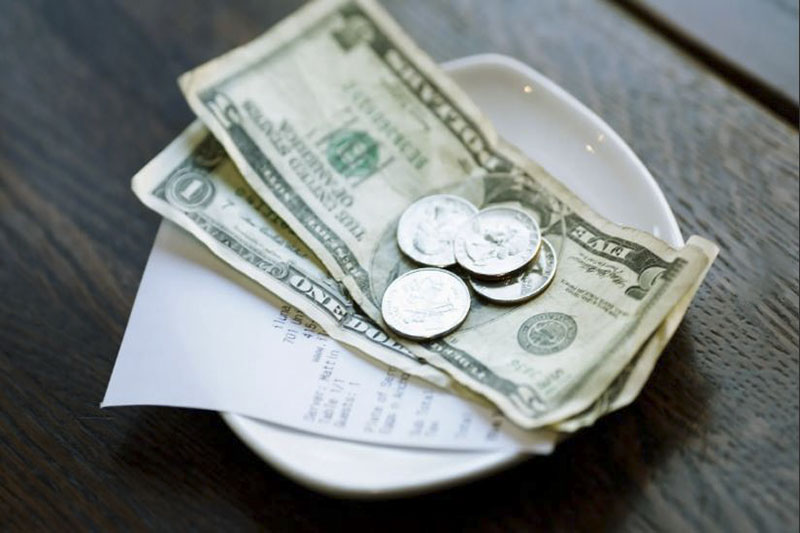
12. To Tip or Not to Tip
When it comes to tipping, tourists should know tipping is not a must in Iran but an option; in fact, tipping can be a sign of appreciation for the service you have received. Tourists may come up with the question whether it is appropriate to tip in Rial or other currencies. It actually depends on the person you are tipping; if you want to tip your tour leader or those involved in hotels, Dollars or Euros are more appropriate. When it comes to tipping others, Rial is suitable; however, considering the Rial devaluation, it would be a sign of generosity to tip others in Dollar or Euro.
13. Halal Food in Iran
Halal food refers to foods which are verified to be edible by Islam religion as Islam considers some foods unhealthy for the body. As mentioned before, any food or drink containing alcohol is forbidden in Iran. Besides alcoholic drinks, some foods like pork are not allowed to be served in public restaurants as Islam doctrines state that eating pork would harm the body rather than benefit. In addition, the way an animal is raised and killed for its meat makes a difference, so animals should be raised and prepared for slaughtering according to Islamic doctrines.
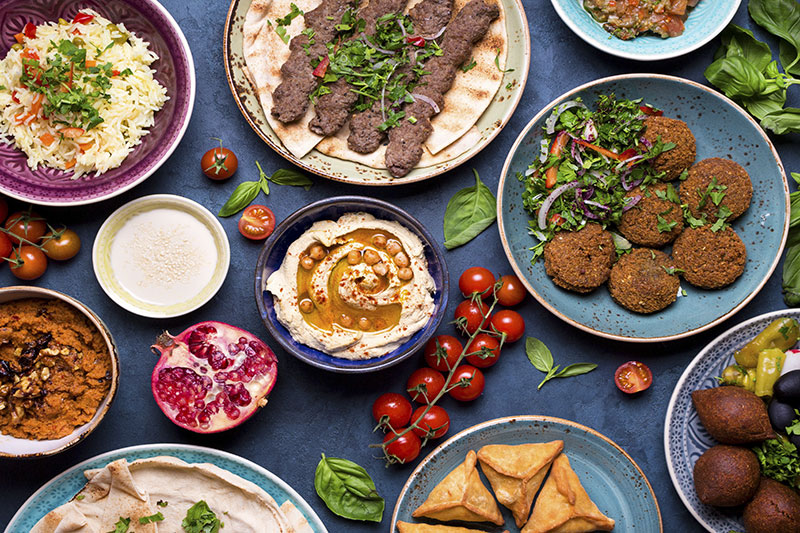
14. Taking Photos of Government Buildings are Prohibited
Similar to other countries, there are some prohibitions on photography when it comes to certain places, so before rushing to take photos, you had better take a look around to realize if you see any “no photography” sign there. In addition, some places are strategic zones where no photography is allowed. To clarify the issue, you are not permitted to take photos from military sites, police stations and on the whole any building related to government.











